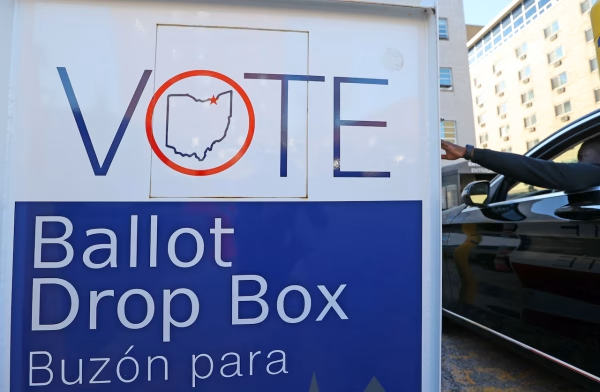ACLU of Louisiana Statement on Lafayette Parish Library Board’s Decision to Reject Grant and Cancel Discussion About Voting Rights
NEW ORLEANS – The ACLU of Louisiana released the following statement in response to the Lafayette Parish Library Board’s decision to reject a grant and cancel a discussion about voting rights by voting rights historian Theodore Foster, an assistant professor of African American history at the University of Louisiana at Lafayette, because the event would not include what they described as an “opposing” viewpoint. The statement should be attributed to ACLU of Louisiana Executive Director Alanah Odoms.
“Voting rights are among the most sacred and fundamental rights of citizenship. The fight for African American people to secure the right to vote after twelve generations of enslavement in this country, followed by 100 years of violent suppression of the vote, is as much a part of American history as the founding fathers. Yet, we’ve used historical white-out to obscure—and even erase—the dehumanization and torture that was inflicted on communities of color who sought to exercise their lawful right to vote, particularly in the South. The Lafayette Parish Library Board has shamefully decided to deny their entire community access to bedrock historical events and facts, alleging that truth-telling narrative should necessarily be accompanied by ‘an opposing viewpoint.’ We can no longer allow American history to be manipulated and co-opted in this harmful way. Teaching the Lafayette community about the historical and ongoing struggle for voting rights in the Black community is not divisive, on the contrary, it’s affirming for the communities that have been harmed, and could be redemptive for those who’ve sought to inflict such harm should they choose to grapple with the impact of their behaviors. Teaching American history—in its entirety, uncensored and unbiased—is the only safeguard to ensure that history won’t repeat itself.
Here in Louisiana, we should be enacting measures to encourage voting, voter education, and civic engagement rather than inviting baseless reasons to conceal historical events and deny voters the information they need to make informed decisions at the ballot. Libraries are gateways to knowledge, which should create learning opportunities through the free exchange of ideas. The ACLU of Louisiana condemns the Board’s decision and calls for the Library Board to reconsider the proposal with all deliberate speed.”
The two books selected for the program were: Bending Toward Justice by Gary May, a history of the Voting Rights Act of 1965, and Vanguard: How Black Women Broke Barriers, Won the Vote, and Insisted on Equality for All by Martha S. Jones.


